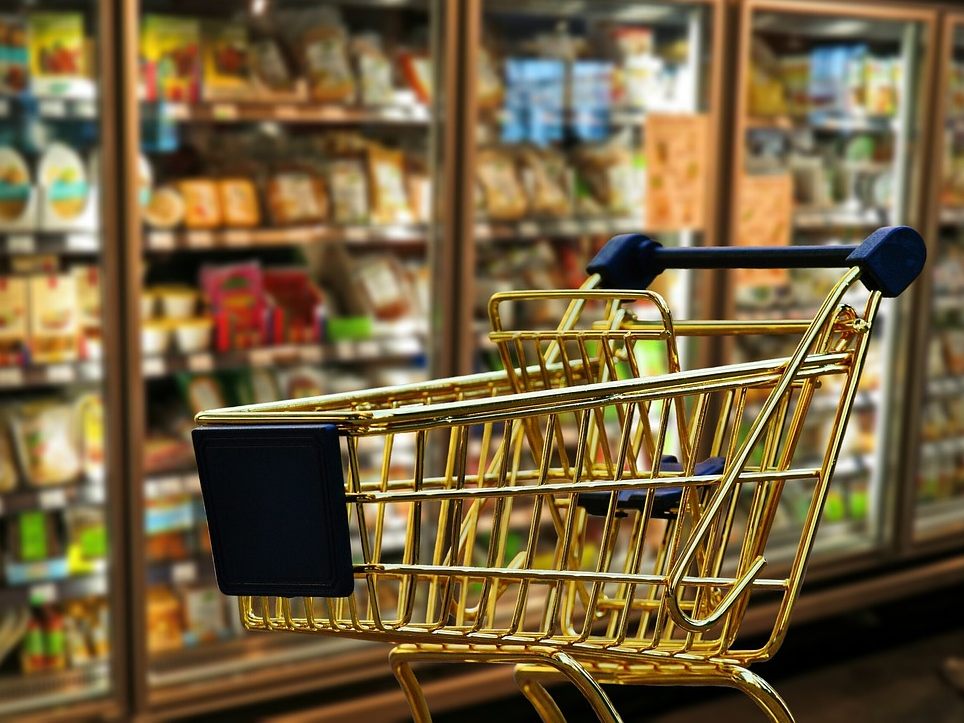"Advertising Gimmick of the Year 2024": Voting Has Begun

Enticing product names, appealing additional information, attractive packaging: The advertising claims of food producers raise expectations with every purchase. However, foodwatch's investigations show that the products often do not meet these. Worse still: Some deliberately deceive.
Foodwatch Crowns the "Advertising Scam of the Year 2024"
The five most outrageous cases are now competing for the "Advertising Scam of the Year". From today, Wednesday, consumers can vote here for the negative award. All participants can cast their vote for the "Advertising Scam of the Year" until December 16. The very next day, foodwatch will personally present the special award to the "winner". "With this vote, we are sending consumers a clear message to the food industry: Stop the deception - for transparency and fairness when shopping," says Elli Kiesl from foodwatch.
"Advertising Scam of the Year 2024": The Nominated Products
- BILLA Bio Honigwaffeln: Viel Zuckersirup, wenig Honig Statt Honig finden sich in den Waffeln vor allem Zuckersirup und Rohrzucker. Das Versprechen von "Honigwaffeln" geht hier nicht mit der Realität einher.
- Eskimo Cremissimo Schokolade: Greenwashing auf jedem Löffel Die Eiscreme von Eskimo wirbt mit dem Versprechen von "gerettetem Eis" - doch die Details zur Herkunft und Menge bleiben vage. Ein cleverer Marketing-Trick oder echtes Nachhaltigkeitsengagement?
- "Donau-Marille" Konfitüre von Julius Meinl: Herkunft im Dunkeln Die "Donau-Marille" von Julius Meinl lässt an Marillen aus der Wachau denken. Tatsächlich stammen die Früchte aus unterschiedlichen Regionen in ganz Europa - die geweckten Erwartungen werden nicht erfüllt.
- Kotányis "Spice up my Salad": Halb Luft, halb Gewürz Eine Gewürzmischung, die zu gut aussieht, um wahr zu sein - die Dose ist nicht einmal zur Hälfte gefüllt
- Vöslauer Balance Juicy Plus Mate-Limette: Ein Vitamin, sieben Würfel Zucker Trotz des Vitaminversprechens und der Aufschrift "Balance" steckt in der Flasche mehr Zucker als erwartet - die Vorderseite der Verpackung verschweigt den hohen Zuckergehalt.
Foodwatch Sees Rising Interest in "Advertising Scam of the Year" Election
foodwatch Austria is awarding the title "Advertising Scam of the Year" for the third time this year. "The increasing number of submissions via our platform das-regt-mich-auf.at, where consumers can report misleading products to foodwatch, unfortunately proves how important the public exposure of marketing tricks is. Together, we show food manufacturers: We consumers pay close attention and won't put up with everything," says Elli Kiesl.
"Advertising Scam of the Year" Last Year Went to Bad Ischler Pasta Salt
Last year, "Bad Ischler Pasta Salt" received the "Advertising Scam of the Year" award. It turned out to be an ordinary, expensive salt - twelve times more costly than regular table salt, without providing any additional benefits or taste advantages. In 2022, "Twist and Drink" secured the title - a sugar water mixed with traces of fruit juice concentrate, which attracts children with comic characters and causes discontent among many consumers.
(Red)
This article has been automatically translated, read the original article here.





